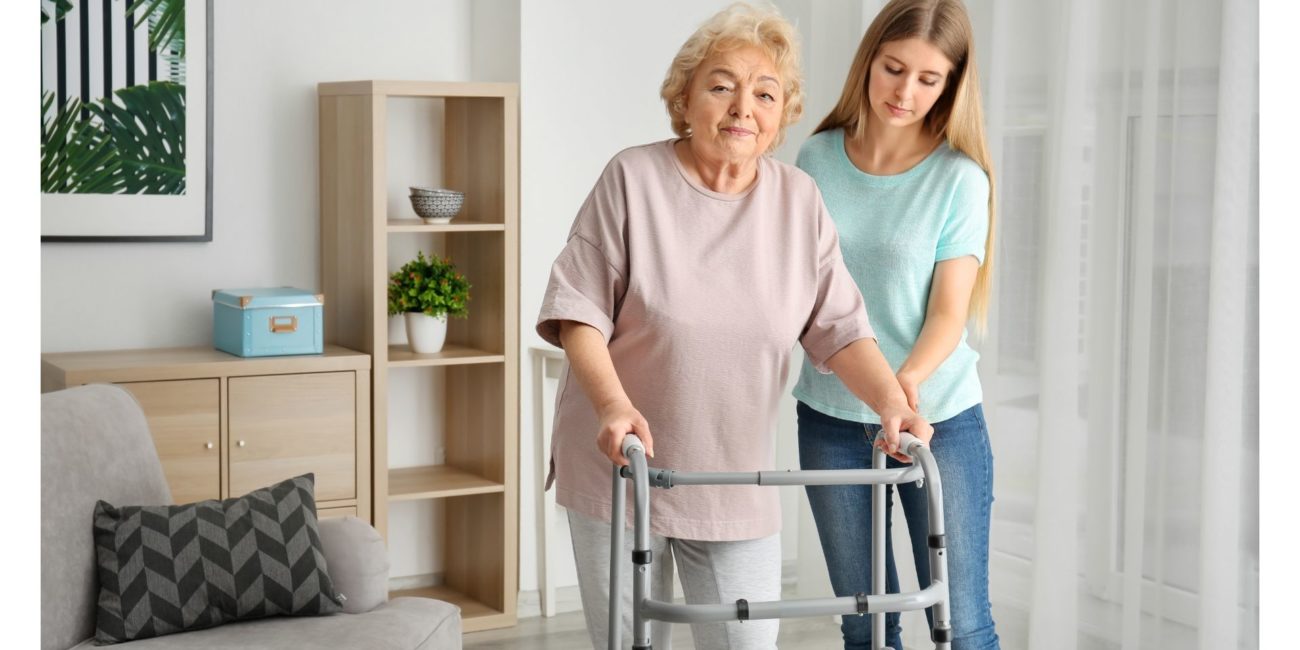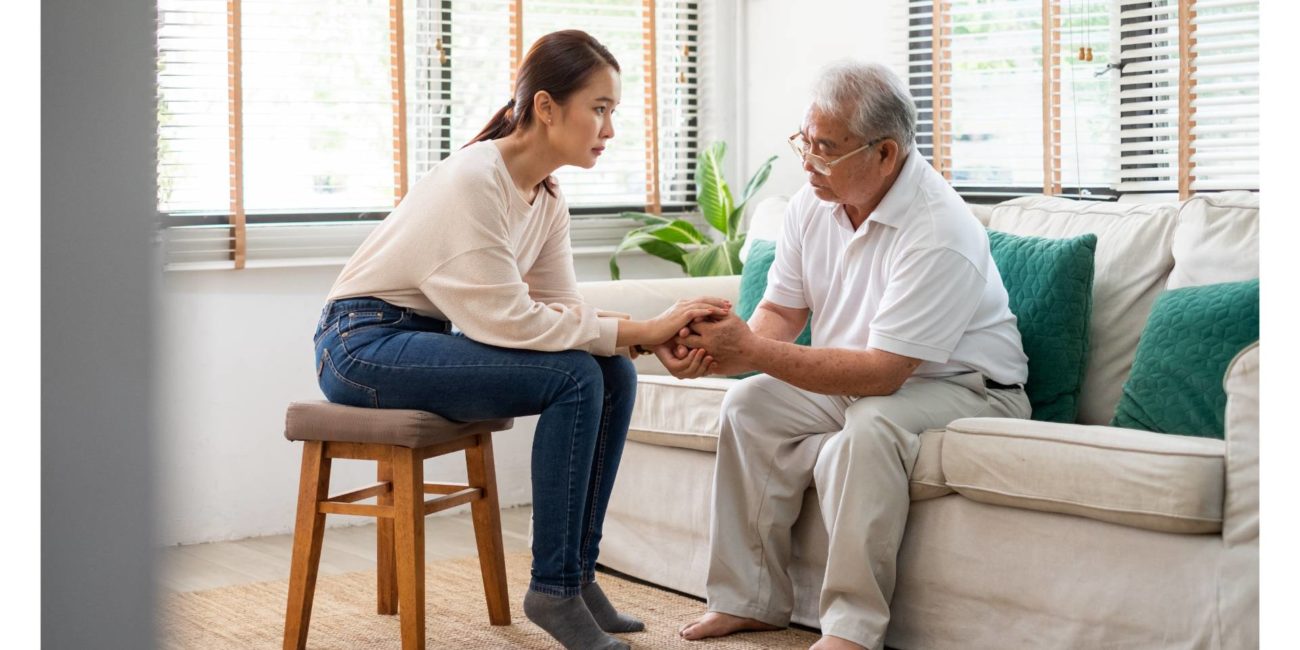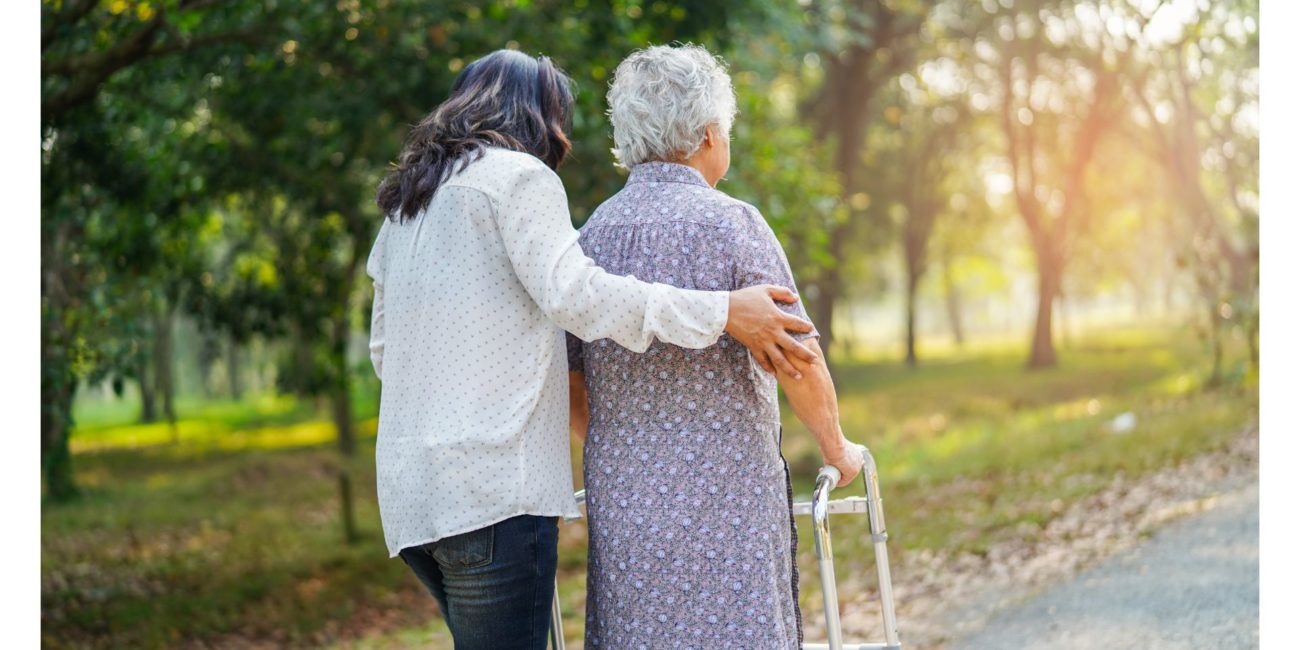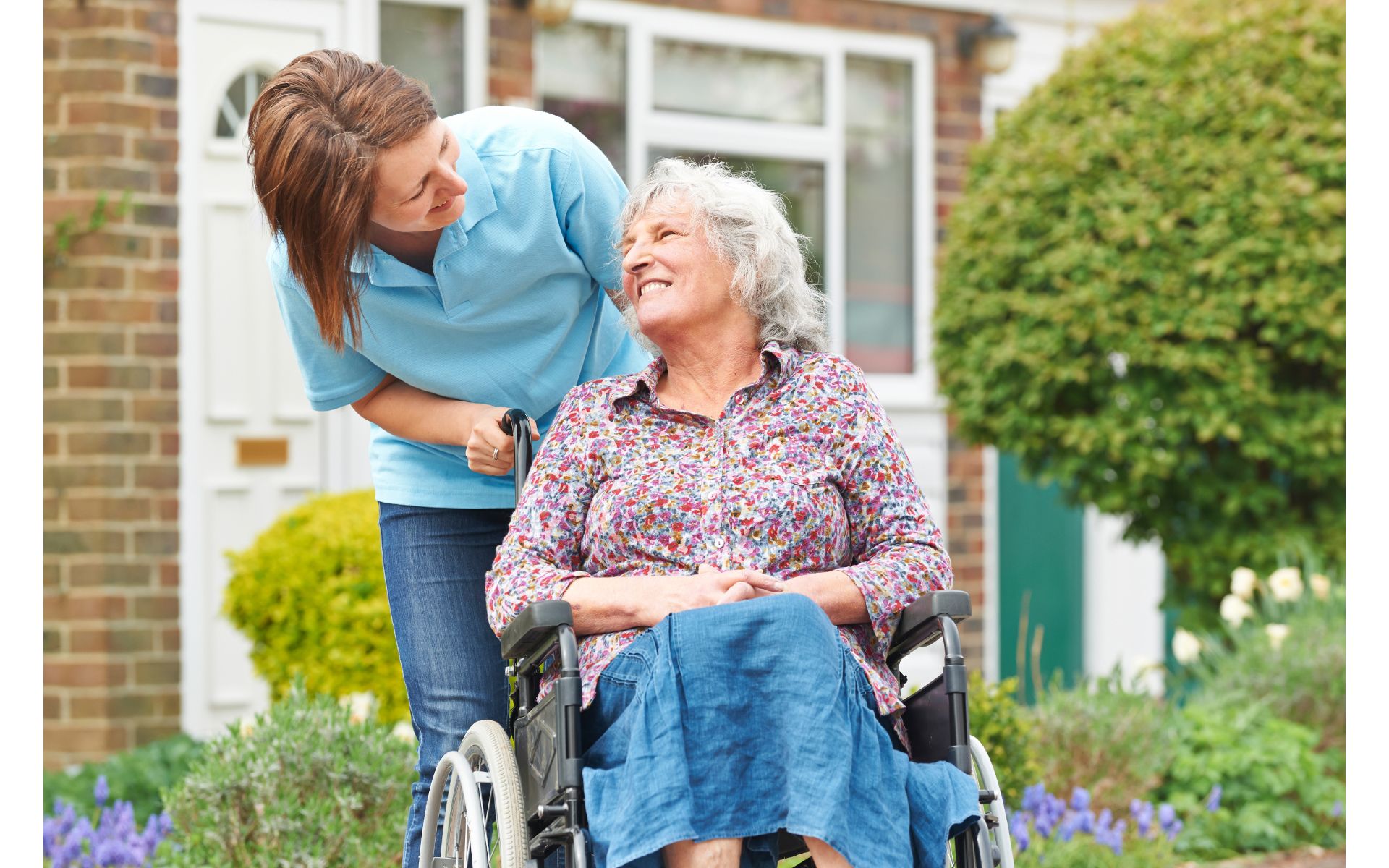As our loved one ages, they may begin to feel weak or helpless as they need help with everyday tasks they used to complete independently. One of the most drastic changes our loved ones may experience is a loss of mobility in their arms, hands, and fingers. Life changes like mobility loss often cause fear, stress, confusion, anger, and even depression in older adults as they struggle to adjust to their new “normal.”

Taking Action with Mobility Loss
We rely on manual strength and the ability for many everyday activities. While our aging parents will experience new challenges associated with the mobility in their upper limbs, there are many changes we can help them make to overcome these obstacles, improve their quality of life, and maximize their independence.

Being Aware Around the Kitchen
Cooking can be difficult for older adults with limited mobility and dexterity. Let’s make sure your elderly parent can access the kitchen by considering the following:
- Small knobs and handles may be difficult for them to grasp and open. Consider installing D-handles on drawers and cabinet doors to give them more accessible access to these areas.
- Widen silverware with foam padding to help a aging parent better grip their utensils.
- Knobs may be difficult for your loved one to turn and adjust to the right temperature. Consider installing a hands-free faucet with an anti-scald device in their sink to make doing dishes a pain-free process. Bonus: invest in a hands-free soap dispenser
- Wrap masking tape around the edges of jar lids to improve your elderly parent’s grip. We may also want to consider investing in a gripping tool or electric jar opener to help them open sturdy jars.
- Canned goods may be problematic for a someone with weak hands. Pull tabs may be difficult for them to grasp, and regular can openers can be a nightmare. Try using an electric can opener to help them safely open cans.

Dressing & Hygiene
Everyday tasks, such as dressing and bathing, can become difficult or downright painful when our aging parent loses strength and ability. Some simple modifications and tools can help them regain their independence and maintain their dignity.
- Improve grip by wrapping rubber bands or cycling tape around commonly used items (like bottles, handrails, toothbrushes, etc.).
- Buy an electric toothbrush to ensure they can painlessly and effectively brush their teeth.
- Put shampoo and conditioner in soap dispensers so they can pump out premeasured amounts of soap.
- Provide a loved one with an elevated toilet seat they can use to get on safely and off of the toilet. A wiping aid may also be essential to ensure they can stay clean and hygienic.
- Replace buttons and zippers with velcro and elastic, so an aging parent doesn’t have to fiddle around with complicated clothing.

Function in Everyday Life
Many aspects of our loved ones’ lives are changing as they age. We can help them regain a sense of normalcy by ensuring they can go about their everyday life with as few changes as possible.
- Invest in large button phones and remotes for so they can easily see and manipulate controls.
- Consider using “smart” devices in the home so they can control their lights, thermostat, and more through voice commands.
- Help a loved one easily complete chores by providing them with a multi-use cart to move items independently.
- Rearrange the home to ensure daily use items are easily accessible. Try not to store any items where an aging parent would have to stretch or bend to access it.

Adjusting & Adapting to Dexterity Loss
We also need to prioritize care for our aging parent’s emotional and mental needs while still addressing their physical needs. Coping with mobility loss can be difficult.
- Provide a loved one with exercises they can do to improve skill and strength in their upper limbs.
- Help refocus a loved one on what they can still do without modification or assistance.
- Listen to a loved one’s concerns and needs without judgment. They are the expert in their life.




Leave a Reply